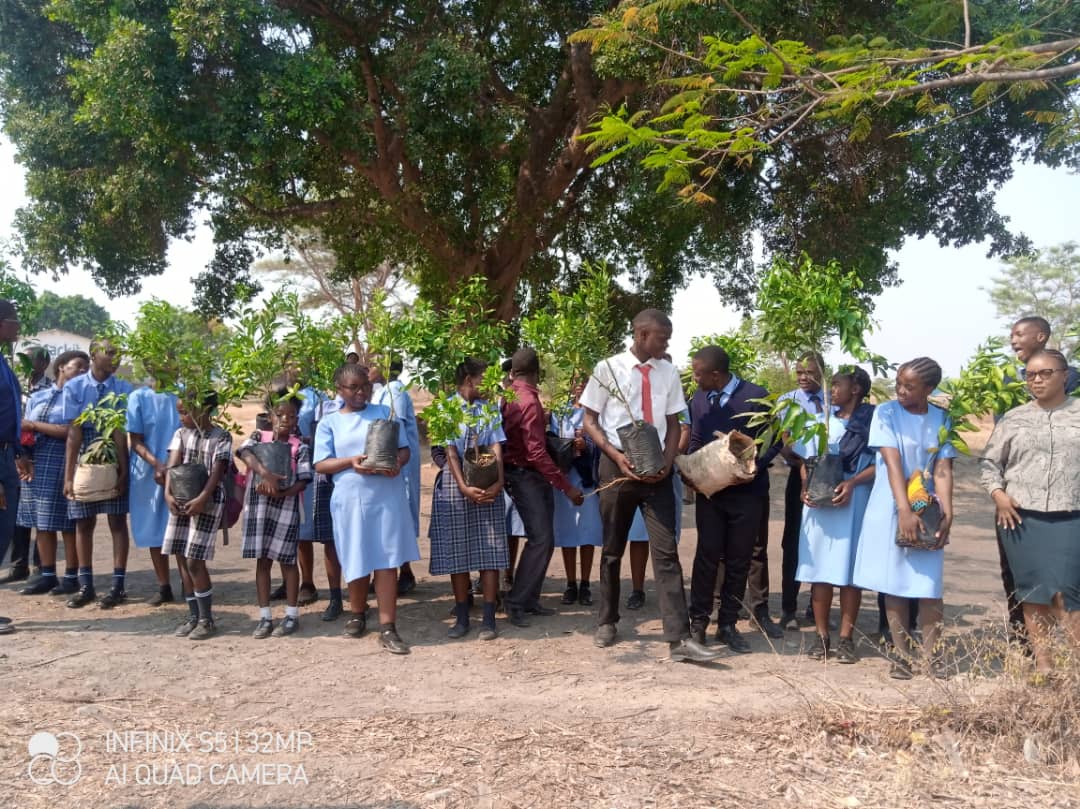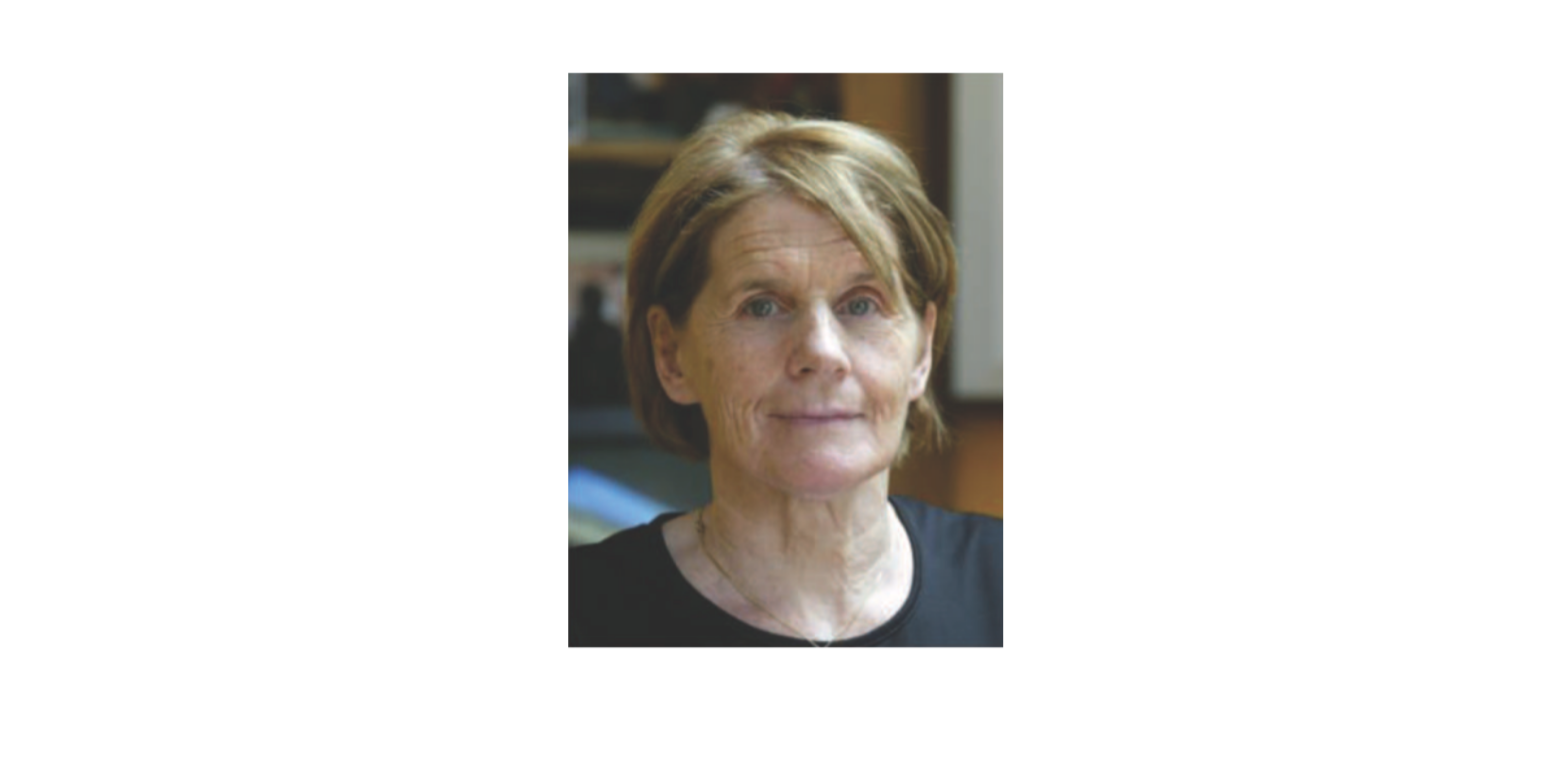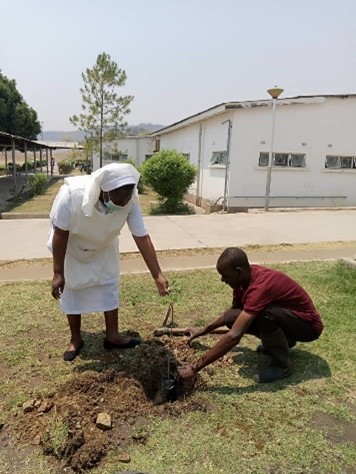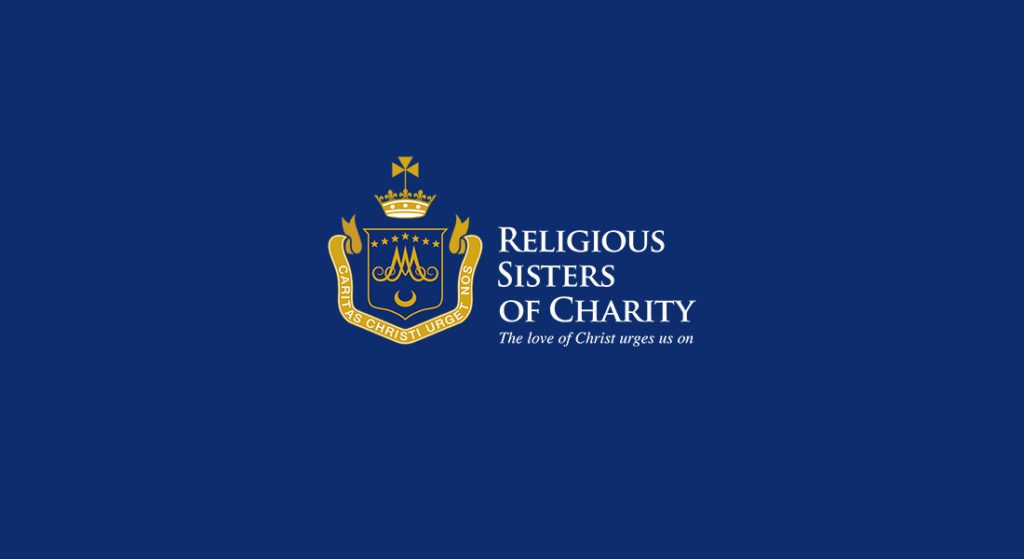
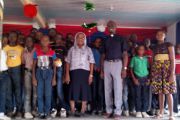 On the 5th Of February, 2016, Sr. Helen Eluagu and her team gave a talk to the College students of Notre Dame College in Ozoro aged between 10-16 years of age. Here she reports on the outcomes from the meeting:
On the 5th Of February, 2016, Sr. Helen Eluagu and her team gave a talk to the College students of Notre Dame College in Ozoro aged between 10-16 years of age. Here she reports on the outcomes from the meeting:
We were welcomed by the Principal of the College Fr. Raphael Ayoro and the School Management. We began by asking the audience how many of them would like to travel abroad, 85% of them excitedly raised their hands and said ‘Yes’ that they would love to visit London, America etc. We had one hundred and seventeen students (117) as participants.
We gave fifteen minutes talk that included the following information:
- 161 Countries are reported to be affected by human trafficking by being a source, transit or destination country, Nigeria inclusive.
- The majority of trafficked victims are between 18 and 24 years of age.
- An estimated 1.2 million children are trafficked each year.
- Nigeria has been described as a Centre of trafficking in human beings especially women and children.
- 95% of victims experience physical or sexual violence during trafficking.
- Trafficking in human beings is now regarded by the World at large as a modern form of slavery (UN 2001) and one of the most repulsive and worst violations of human rights.
- The efforts of the Religious Sisters of Charity towards the abolition of human trafficking was explained to the students that we are committed in networking, collaborating, awareness towards the end of human trafficking in our world.
- The Nigerian Government agency of NAPTIP has continued to wage war against human trafficking, because Nigeria is a source, transit and destination country.
- In June 2011 the United States Department of State released its annual global trafficking report and for the third straight time Nigeria is rated in tier 1 of countries around the World making the most significant progress in counter trafficking interventions.
- 788 Victims were trafficked in Nigeria between September 2010 – July 2011
- NAPTIP recorded that the number of rescued victims of trafficking now exceeds 5,000.
The talk was very interactive, the young minds were so willing to learn and ask questions. A short video titled “Anti-Slavery Australia” was shown to the students; they witnessed how migrants were used as slaves in Europe. In order to gather more information from the Students the question “How could we stop Human Trafficking in Nigeria” was asked:
The following amazing answers were recorded as follows:
- In Nigeria we must help one another to stop and fight against human trafficking.
- There should be eradication of poverty.
- Government should provide full legal right.
- Government should provide free education.
- There should be law enforcement concerning human trafficking.
- There should be public enlightenment on the dangers of human trafficking through campaign and mass media.
- There should be establishment of skill acquisition centres.
- Government should eradicate unemployment in the country.
- Government should monitor Orphanage centres
- By reporting any person suspected of human trafficking to the law enforcement
- Government should provide maximum security and free legal aid.
- Prosecution of human traffickers should be made known to the public
- There should be workshop or seminar for Parents about human trafficking.
- Government should implement law about human trafficking.
- People should stop violence and corruption in the country.
- There should be transparency in the country.
- Government should create awareness on human trafficking.
- Security agencies should beef up tactics in checking travellers especially at the border.
- Government should provide proper structuring of immigration agencies
- Government should provide counselling agencies in the country.
- Religious leaders should preach against human trafficking and the abuse of women and girls.
- Individuals should be vigilant
- Legislation: This is the body of government that implement law, the government should use the legislator to make and enact laws against human trafficking and such laws must be enforced. The government should make sure that the defaulters are punished according to the law.
The talk came to an end with a closing prayer of St. Josephine Bakhita and a red card was given to kick out human trafficking in Nigeria. Group photograph was taken with the Students.
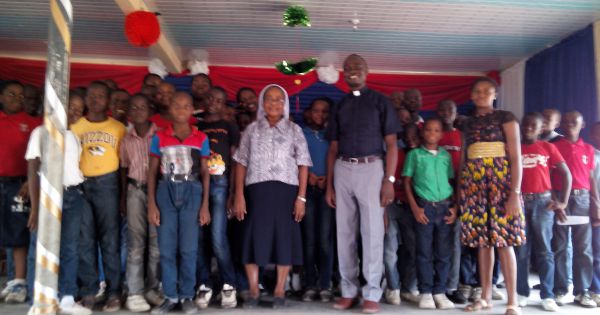 Sr Helen with some of the participants at a the human trafficking awareness raising seminar
Sr Helen with some of the participants at a the human trafficking awareness raising seminar


